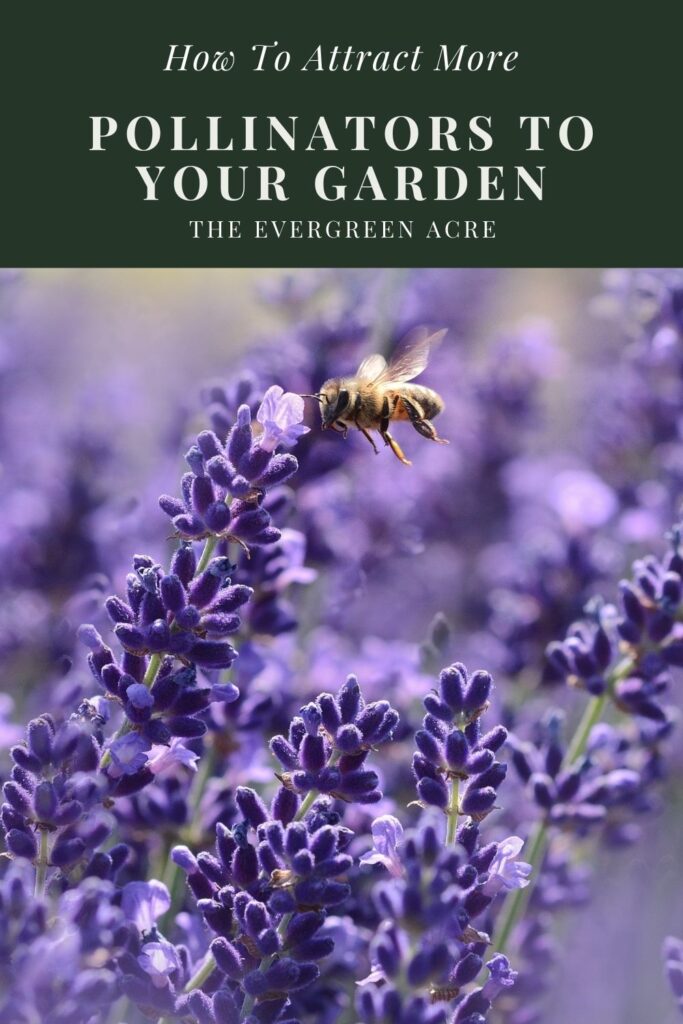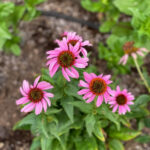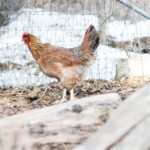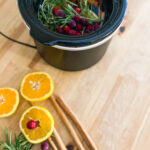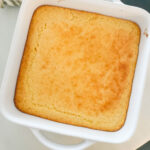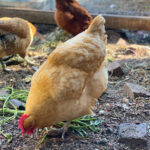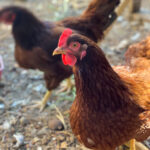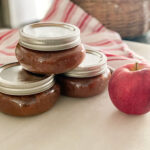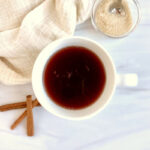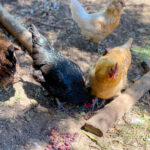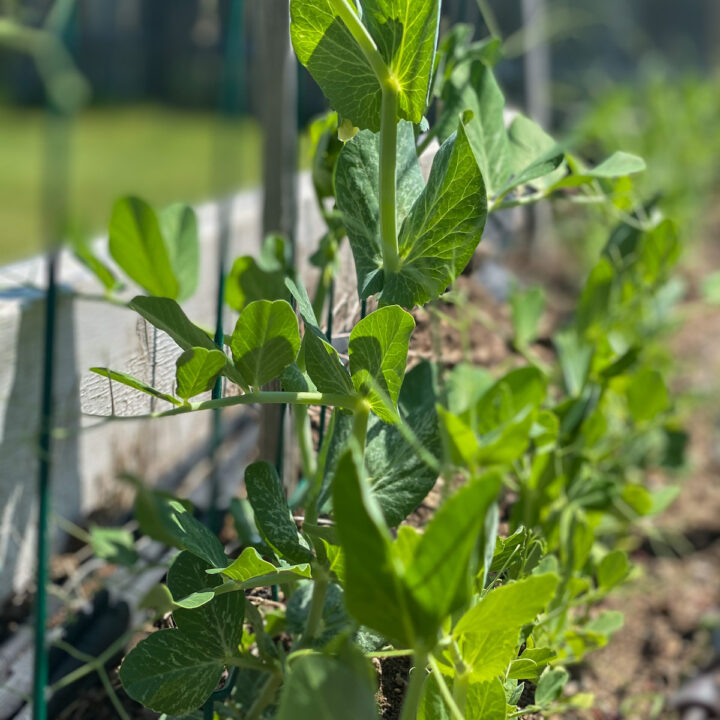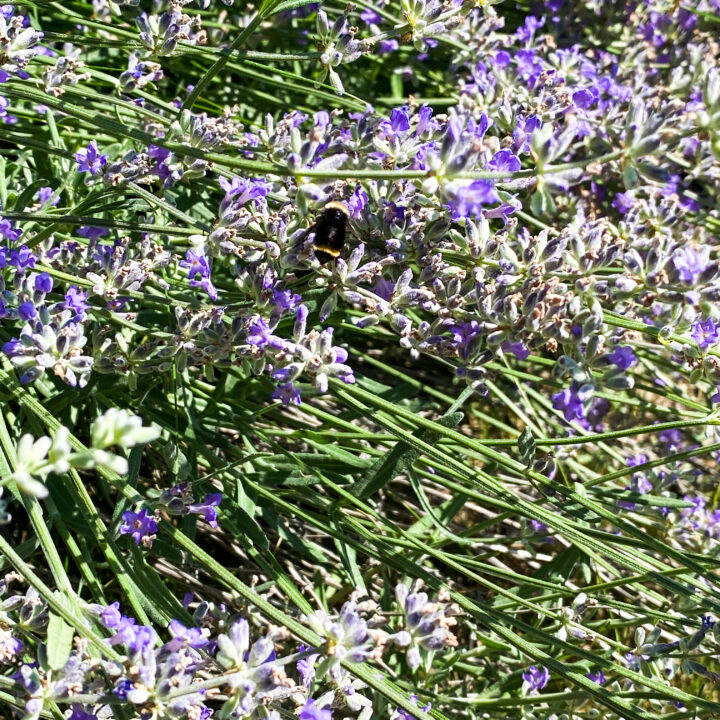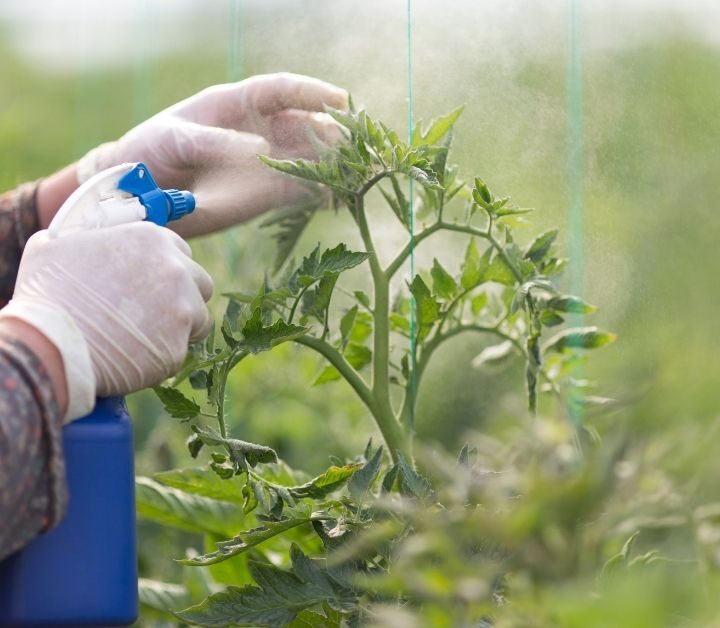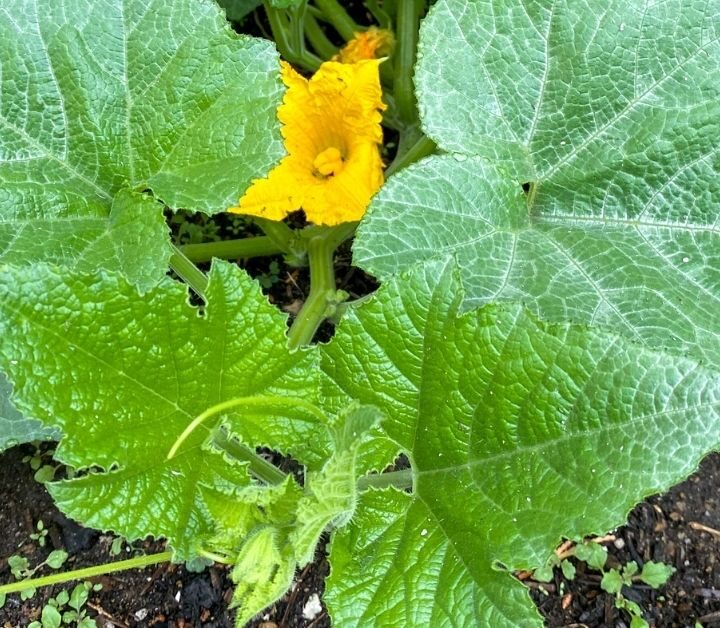Learn how to Attract bees and other pollinators to your garden With these seven tried and true methods
Did you know that attracting bees and other pollinators to your garden is essential for success? If your garden simply isn't flourishing and you aren't getting the production you expected you may have an issue with your plants not being pollinated. This can be an easy fix, learn how to attract pollinators with these five simple tips.
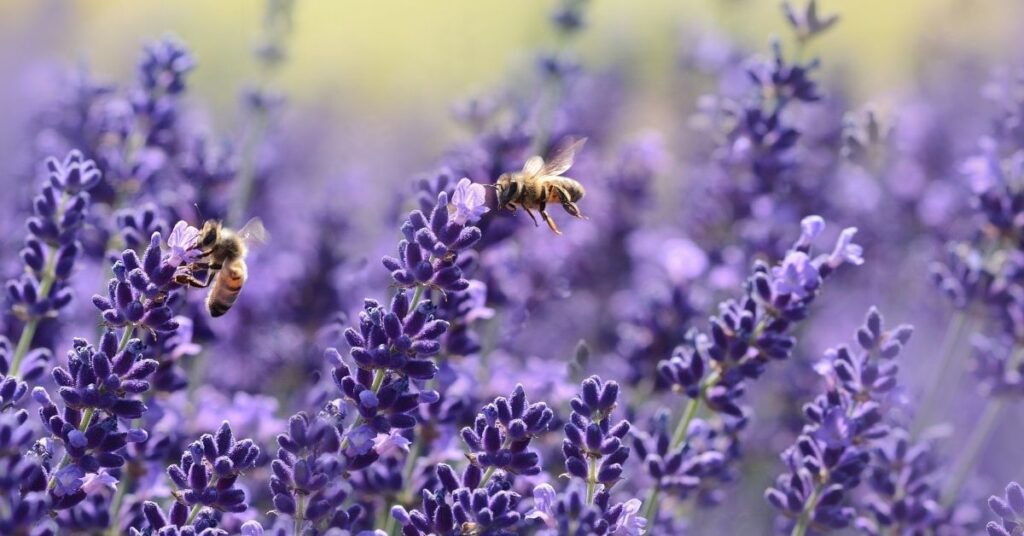
What are pollinators
Pollinators are bees butterflies and other insects that essentially move pollen from the male anther of a flower to the female stigma of a flower. This essentially brings about fertilization of the female part of the plant allowing for fruit to grow. Without pollination fruit simply does not grow, the female flower will not produce anything and will wilt and die. So How do you get pollinators to your garden? The answer is, make your garden a place that they want to be!
Start attracting bees and other pollinators
1. Plant a variety of flowers and herbs that pollinators know and love
I have surrounded my garden with lavender, comfry and other herbs and flower that attract tons of bees and butterflies. I can't tell you how many pollinators frequent my garden each day just to visit my massive lavender plants. The benefit is that they also visit my other plants like squash and tomatoes which also need pollination. I have read that herbs and flowers that have strong smells attract more pollinators faster.
Three ways flowers attract pollinators
- Visual Cues
- Scent
- Food
Incorporating a variety of flowers in your garden will in turn attract more pollinators.
for More information on how to grow flowers that attract pollinators
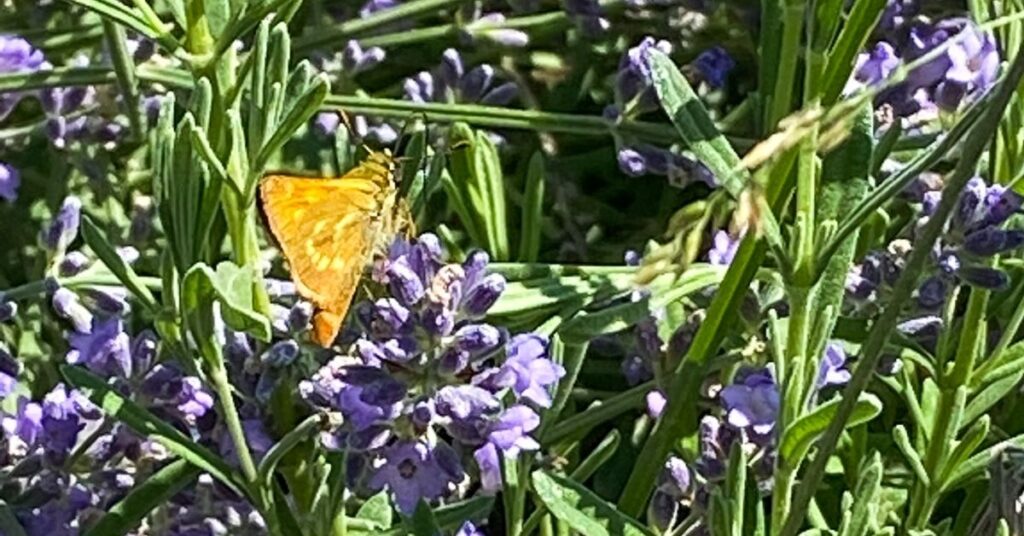
2. Consider planting clover instead of grass
Grass can be beautiful and soft on the feet, but so can clover!! Just watch out for the bees during the daytime hours. We have slowly transitioned our large backyard to primarily clover and the bees love it!! other benefits are that it doesn't require as much water and it is more heat resistant than many species of grass.
3. Make water available to pollinators
Bees and other pollinators need to drink just like you and I, In fact bees are more attracted to areas with water than areas without. If you are an avid beekeeper you know that your hives need water near by for the bees to stick around and thrive. Creating small areas for pollinators to get water without growing, think shallow with pebbles that the bees can land on and stay dry.
4. Use organic insect friendly pest and weed control methods
For many this goes without saying, but some still don't know. Commercial synthetic fertilizers, pesticides and herbicides are toxic to bees and other insects. Gardening organically is a much better option for pollinator health, and your own! If you are using these products, please consider using something different. For your health and the health of all of the living organisms that help your garden grow!
5. Make pollinator targets
Arrange your plants in a way that is easy for pollinators to get from one to the next.
6. Make insect shelter
Pollinators need places to hide and raise their young, such as a hedge, a compost pile, a dead tree, unmowed grass, or unmulched soil. Be sure to provide just such a retreat near your pollinator garden.
7.Let herbs bloom
Bees LOVE herbs that have gone to seed, basil oregano, mint etc. Herbs are a favorite for pollinators.
8. Add in some native plants
Remember native insects will naturally gravitate to areas where they know the plants are safe and a food source that they'll like.
9. Consider planting some trees
Fruit trees especially give insects shelter and are a great food source. They will naturally attract bees and other pollinators.
10. Consider Getting Honey Bees or a Mason Bee House
Honey bees are a lot of work, at least they are for me, but the benefits they have had on my garden are quite frankly phenomenal. More berries, fruit and veggies almost instantly! If you are considering getting honey bees I highly recommend you really consider if having bees is something you really want.
If you decide to get honey bees I can't recommend the book The Beekeepers Bible enough. I also highly recommend joining your local bee keeping club, ideally before you actually acquire the bees. If a full hive or two of honey bees doesn't sound like your cup of tea a mason bee house is also a great option!
Gardening with more pollinators
Once you have figured out how to attract more pollinators to your garden, you will more than likely see a difference in garden production quickly. I hope this post helps your garden to flourish. For any questions about pollinators of getting your garden to be more productive, never hesitate to reach out!
